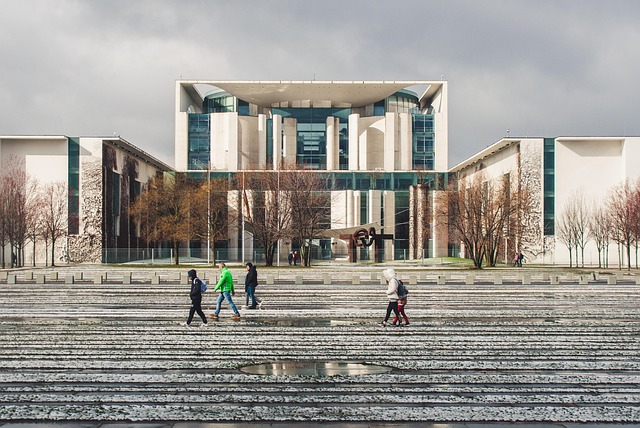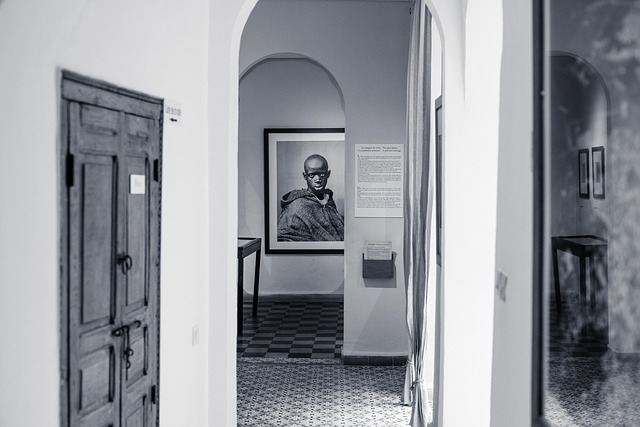
Bloc Québécois
Introduction
The Bloc Québécois is a significant player in Canadian politics, representing the interests of Quebecers on a federal level. Established in the early 1990s, the party has consistently focused on Quebec nationalism, social democracy, and the promotion of Quebec sovereignty. This article explores the origins, ideology, and impact of the Bloc Québécois within the Canadian political landscape.
Origins of the Bloc Québécois
The Bloc Québécois was formed in 1990, emerging from a coalition of Members of Parliament (MPs) who defected from the Progressive Conservative Party and the Liberal Party. This shift occurred during a tumultuous period marked by the failure of the Meech Lake Accord, which aimed to address Quebec's demands for greater autonomy within Canada. The Bloc was created to ensure that Quebec's unique interests and aspirations were represented in the federal government.
Ideological Foundations
The Bloc Québécois is primarily centered around the principles of Quebec nationalism and social democracy. The party advocates for the rights and interests of Quebecers, emphasizing the importance of preserving Quebec's distinct culture and language. In addition to its nationalist agenda, the Bloc promotes social democratic values, including social justice, environmental sustainability, and economic equity.
Relationship with the Parti Québécois
While the Bloc Québécois shares a common goal with the Parti Québécois (PQ)—the pursuit of Quebec sovereignty—the two parties operate independently. The PQ is a provincial party that has historically sought to achieve independence for Quebec, while the Bloc focuses on federal representation. Despite this separation, the Bloc maintains strong informal ties with the PQ, drawing support from a diverse range of voters, including organized labor and conservative rural constituents.
Electoral Performance
The Bloc Québécois has experienced varying degrees of success in federal elections. Its strongest performances occurred in the 1990s and early 2000s, when it secured a significant number of seats in the House of Commons. However, the party faced challenges in the 2010s, with a decline in support leading to a reduced presence in Parliament. In the 2019 federal election, the Bloc made a notable comeback, regaining a substantial number of seats and re-establishing itself as a key player in Quebec politics.
Current Role and Future Prospects
Today, the Bloc Québécois continues to advocate for Quebec's interests in the federal arena. The party's current leadership focuses on issues such as climate change, healthcare, and economic development, all while maintaining a strong emphasis on Quebec's sovereignty. As Canadian politics evolve, the Bloc's ability to adapt to changing voter priorities will be crucial for its continued relevance.
Conclusion
The Bloc Québécois plays an essential role in representing the voice of Quebecers within the Canadian political system. With its commitment to Quebec nationalism and social democracy, the party remains a vital force in advocating for the province's unique identity and interests. As the political landscape continues to shift, the Bloc's future will depend on its capacity to resonate with the diverse electorate of Quebec.

















 Iconic Songs From Movies
Iconic Songs From Movies 
 Health
Health  Fitness
Fitness  Lifestyle
Lifestyle  Tech
Tech  Travel
Travel  Food
Food  Education
Education  Parenting
Parenting  Career & Work
Career & Work  Hobbies
Hobbies  Wellness
Wellness  Beauty
Beauty  Cars
Cars  Art
Art  Science
Science  Culture
Culture  Books
Books  Music
Music  Movies
Movies  Gaming
Gaming  Sports
Sports  Nature
Nature  Home & Garden
Home & Garden  Business & Finance
Business & Finance  Relationships
Relationships  Pets
Pets  Shopping
Shopping  Mindset & Inspiration
Mindset & Inspiration  Environment
Environment  Gadgets
Gadgets  Politics
Politics 